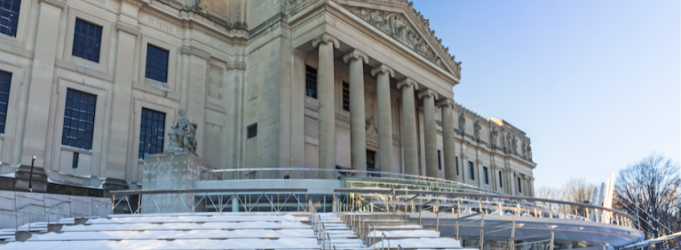Cultural organizations can play an important role in healing and rebuilding communities. Here’s how to help.
Hurricane Irma hit Florida and other southern states this week, and the processes of assessing the damage caused by this event are now underway. Information is coming in, and though there’s much that we still don’t know, there are things that we can reasonably guess: There will be people to care for, homes to be rebuilt, and communities to mend. Cultural organizations – museums, botanic gardens, aquariums, zoos, historic sites, ballets, orchestras, symphonies, theaters, and parks – can serve as places for solace,...Sign in to KYOB+
Not a member yet?
Never miss the latest read on industry data and analysis.


